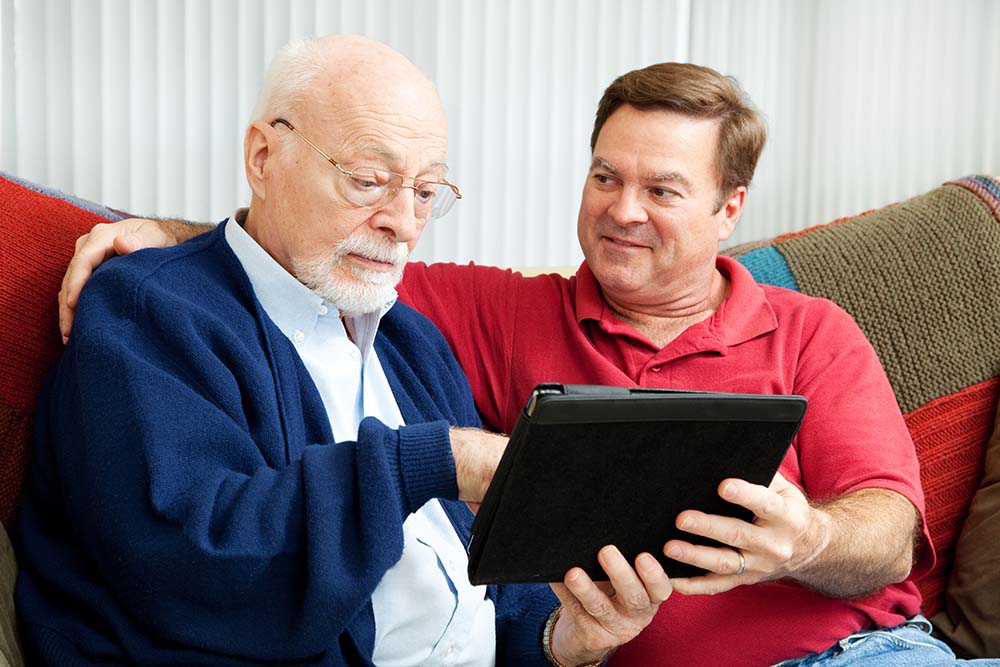Whether you are starting from scratch or have an estate plan in place a letter of instruction (LOI) is an important part of any comprehensive plan. A letter of instruction can help your loved ones manage important information about you. A LOI conveys your desires, includes practical information about where to find various items referenced in your plan, and it can provide advice to help those you designate in managing your affairs.
Even with a new or updated estate plan, there exists a lot of information that your heirs need to know that doesn’t necessarily fit into the format of a will, trust, or other estate plan components. In the absence of this information, it is easy for those in charge to miss important items and alternatively become overwhelmed, sifting through all of the documents you left behind. All LOI’s are as different as the persons who wrote them; however, there are some standard data that every LOI should include:
- A current list of people and their contact information to inform of your death
- A list of beneficiaries of your estate plan
- The locations of important documents like your will, trust, financial statements, insurance policies, deeds, and birth certificate
- A comprehensive list of assets such as bank accounts, investment accounts, real estate holdings, insurance policies, and military benefits if applicable
- PINs, usernames, and passwords for debit cards and online accounts
- Usernames and passwords for social media accounts, music or information accounts
- Keys and combinations to digital safes, strong boxes, and safety deposit boxes and their locations
- A list of credit card accounts and any other debts
- A list of organizations in which you belong or are a paying member such as professional organizations, boards, country or golf clubs, social or political clubs, and more
- A current list of contact information for lawyers, brokers, tax preparers, financial planners, and insurance agents
- Instructions for the distribution of personal items with sentimental value
- Instructions for a memorial or funeral service
- A personal message to family members
A note about your digital footprint: your digital world often includes music libraries, storefronts, YouTube channels, influencer social media accounts, etc. When most of us create these accounts, we blithely accepted the End User License Agreement (EULA) without much thought about when we are no longer around to manage its content and activity. A EULA designates the rights and restrictions that apply when using the software known as terms of service (TOS). Naming someone capable of managing your digital-assets and their activity is important. Most of your online accounts are not subject to typical estates planning devices like trusts and wills because they are not technically your property. Since most TOS are non-transferable, you will be unable to transfer your online accounts’ ownership legally. However, you can still make a plan for how they are handled when you die.
Once you write your letter, put it somewhere easily accessible and tell your family about it. If you do not want anyone to read the LOI until your death, seal it in an envelope. You should review your letter once a year to be sure it reflects your most current wishes and information. Because your heirs read your letter of intent upon your death, it can be difficult for you to write and have any degree of satisfaction. Final words and conveyances are sobering.
We can help you compose such a letter (as well as other estate planning documents), making sure that it compliments and does not contradict your estate plan. Remember that your LOI can bring real peace and be a source of comfort to your grieving family members. It allows them time to contemplate and connect with others to celebrate you rather than sort through documents searching for important papers. Your LOI can also alleviate potential family conflicts and stress because you specifically address personal items’ distribution. Your goal should be to ease the burden for those in charge and gain a sense of peace that you have done all you can to allow your loved ones to focus on reflecting on your life.
When you are ready to take the next step, we will be here to help.








